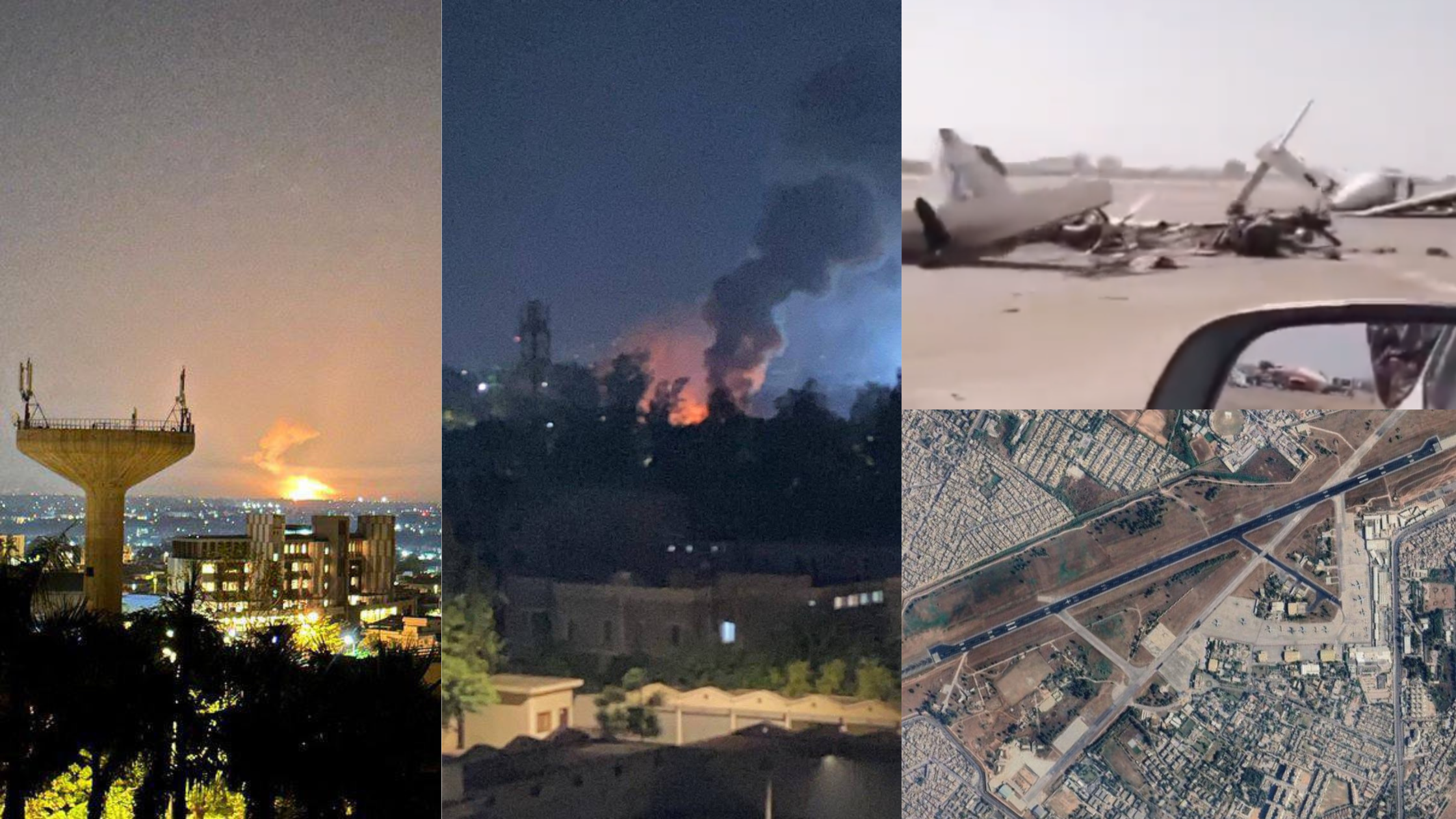On May 7, 2025, during heightened tensions between India and Pakistan, the Indian Air Force launched “Operation Sindoor,” targeting several Pakistani military installations, including the Nur Khan Airbase in Rawalpindi. This base is strategically significant, housing Pakistan’s main transport squadrons and being in close proximity to the Strategic Plans Division, which oversees the country’s nuclear arsenal.
Satellite imagery released by Chinese firm MizarVision confirmed significant damage to the Nur Khan Airbase, including hits on its runway and infrastructure . The strike raised concerns internationally due to the base’s proximity to Pakistan’s nuclear command centers.
As of now, there is no official confirmation or credible evidence of a nuclear radiation leak at Pakistan’s Nur Khan Airbase following the recent Indian missile strikes.
Following the strike, social media platforms and some reports speculated about a potential nuclear leak at the Nur Khan Airbase. These rumors were fueled by the detection of a U.S. Department of Energy aircraft, equipped to monitor radiation, landing in Pakistan shortly after the incident. Additionally, there were reports of emergency shipments of boron, a chemical used in nuclear accident mitigation, being sent to Pakistan from Egypt.
Despite these speculations, there has been no official statement from either the Pakistani government or international agencies confirming any nuclear leak or radiation hazard at the Nur Khan Airbase. The deployment of radiation detection equipment and emergency materials could be precautionary measures rather than responses to an actual leak.
Rumors of a Nuclear Leak
Following the strike, social media platforms and some reports speculated about a potential nuclear leak at the Nur Khan Airbase. These rumors were fueled by the detection of a U.S. Department of Energy aircraft, equipped to monitor radiation, landing in Pakistan shortly after the incident . Additionally, there were reports of emergency shipments of boron, a chemical used in nuclear accident mitigation, being sent to Pakistan from Egypt.
Despite these speculations, there has been no official statement from either the Pakistani government or international agencies confirming any nuclear leak or radiation hazard at the Nur Khan Airbase. The deployment of radiation detection equipment and emergency materials could be precautionary measures rather than responses to an actual leak.
While the missile strike on the Nur Khan Airbase is confirmed and has significant strategic implications, the claims of a nuclear leak remain unsubstantiated. It’s crucial to rely on official sources for accurate information, especially concerning sensitive issues like nuclear safety. As of now, no credible evidence supports the existence of a nuclear leak at the Nur Khan Airbase.
Conclusion
While the missile strike on the Nur Khan Airbase is confirmed and has significant strategic implications, the claims of a nuclear leak remain unsubstantiated. It’s crucial to rely on official sources for accurate information, especially concerning sensitive issues like nuclear safety. As of now, no credible evidence supports the existence of a nuclear leak at the Nur Khan Airbase.
There have been unverified claims circulating online about a nuclear leak at Pakistan’s Nur Khan Airbase following recent Indian missile strikes. However, as of now, there is no official confirmation or credible evidence supporting these claims.
Reference: Times of India:
Times of India. (2025, May 11). Operation Sindoor: India’s missile strikes in Pakistan level Nur Khan Airbase, leave huge crater in Rahim Yar Khan Airbase. https://timesofindia.indiatimes.com/india/operation-sindoor-indias-missile-strikes-in-pakistan-level-nur-khan-airbase-leaves-huge-crater-in-rahim-yar-khan-airbase/articleshow/121107473.cms

